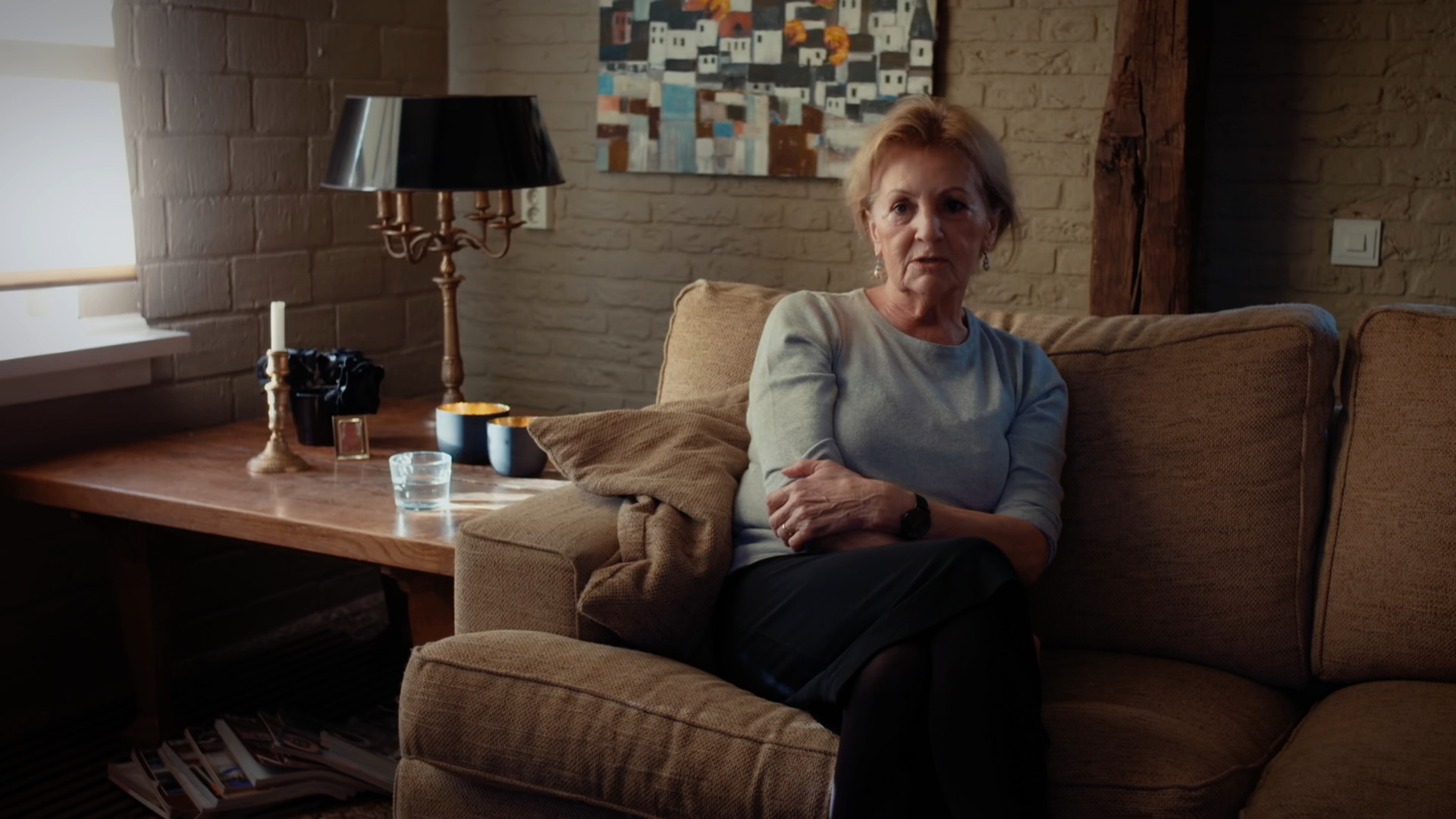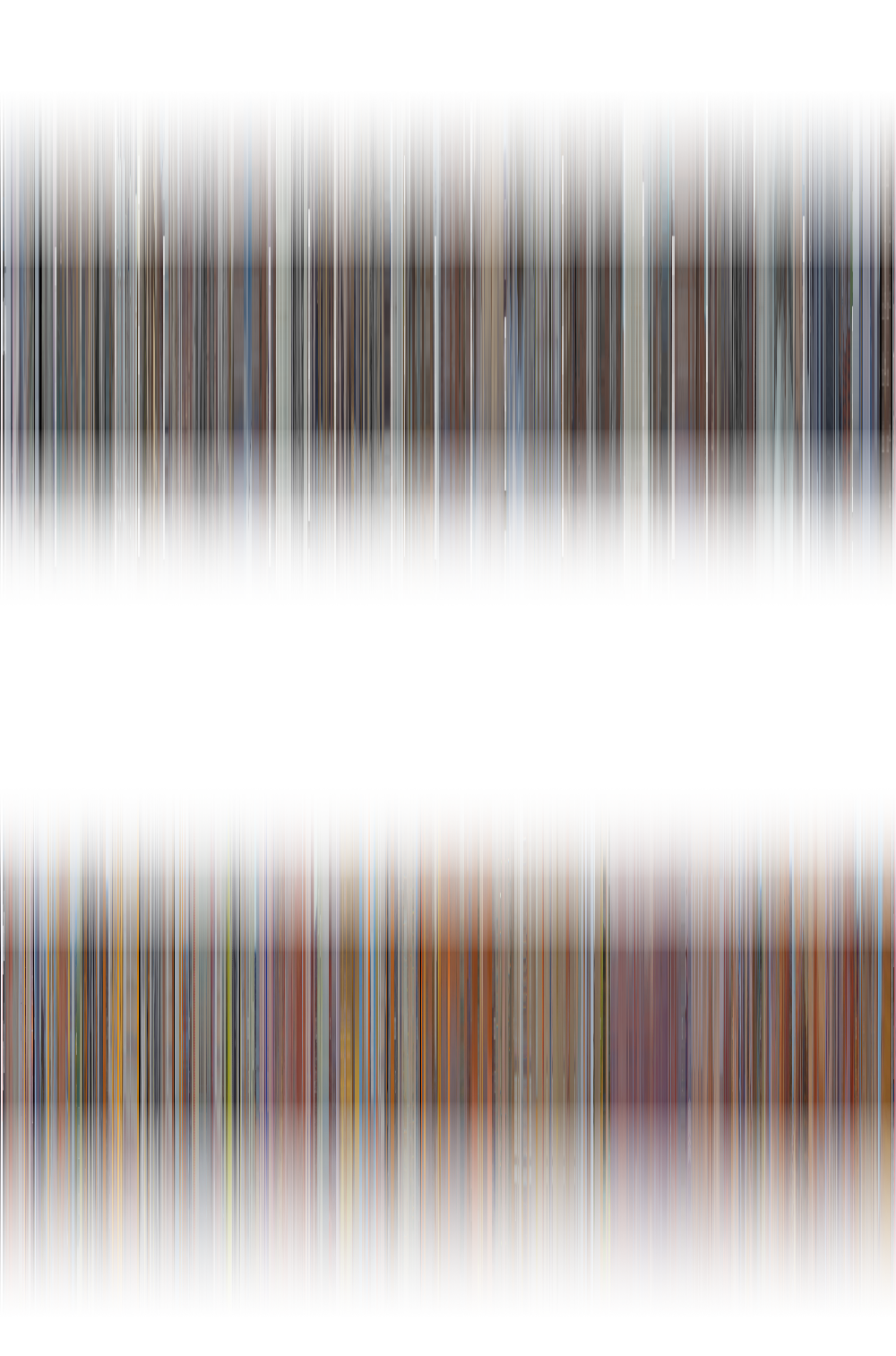It’s the end of the Second World War, the Allies are coming to liberate us!
The story of liberation has been told many times in books, films, and documentaries. Everyone knows the images of the Americans and Canadians marching into the Netherlands. Jubilant citizens who, after years of occupation, can’t believe they’re finally free.
They leave behind not only hope, a liberated country, and beautiful (but also unpleasant) memories. Dozens of Dutch women become pregnant, and those children: that is the basis of these two documentaries.
Bram Endedijk, together with Eric van den Berg, has created two great documentaries for Dutch broadcaster WNL, of which we were entrusted with the complete post-production.


‘Oorlogskinderen’, dutch for war children, follows four individuals who were born just after the Second World War and have suspected their whole lives that their unknown father was a soldier.
Growing up in post-war Netherlands, without knowing who your father is. Was he American, Canadian, French, or was he not a liberator but an occupier?
The main characters can’t let it go, and now in the autumn of their lives, there is hope. Thanks to the latest DNA techniques, the mystery is finally solved. Who was their father?
The stories of the ‘children’ are interspersed with testimonies from allied soldiers, German soldiers, and Dutch girls about their experiences during the war. However, the emphasis is on the personal stories and the search of the orphaned adults, each of which captivates the imagination.
During the research for Oorlogskinderen, more came to light.
The images of the liberation often times leave a one-sided view. Especially white men on tanks who come to liberate our country, waving with broad smiles.
The story that often is not told: there were also Black liberators. And not a few.
Helping another country while basic rights in your own country are still being violated. It’s almost unimaginable.
Black Americans helped to liberate, and to rebuild the country. An unprecedented sight in the Netherlands of the forties, large groups of Black men. But they liberated us, that’s what matters.
These soldiers celebrate with us, are invited into our homes, and thus meet many Dutch people. And you guessed it, relationships also arise. Whether for a short time or not.
The country is liberated and the soldiers leave as heroes back to their country. To be confronted there again with the harsh reality of the life of a Black man in the forties.
In this documentary, we follow Cor and Wanda, they also don’t know who their father is. With one important difference: they were conceived by a Black liberator.
Their youth is marked by their unusual skin color, rare in southern Netherlands in the fifties. Their mothers remain silent, but thanks to modern DNA techniques, they discover their origins. They travel to the US to meet their family for the first time.
Our vision is that music should not only be supportive but should also contribute to the story. That’s why for Oorlogskinderen, we chose a musical theme. Just like the stories of the four main characters form the backdrop for occupied Netherlands, so does the soundtrack. Blood relatives who appear on screen are musically framed with a minimal variation of that same theme. Only to completely deviate from this when we zoom out to the broader consequences of the conflict.
In Half an American, we took a different approach.
Where Oorlogskinderen is mainly framed by cinematic, orchestral music, we’ve gone for music with meaning here. The choice for the title sequence fell on “A Change is Gonna Come” by Sam Cooke. We felt that would be, in combination with the strong cold-open, the perfect start. The viewer immediately knows: this is not just any war story.


use of
color
Color(grading) is also used in both documentaries to strengthen the story. In Oorlogskinderen, we chose to give the entire film a cinematic look. Bright colors are hardly ever used, and the film is predominantly dark.
This helps to place the story in the context of the Second World War. It places the stories of the main characters in that timeframe.
In Half an American, we do exactly the opposite. The general look of the film is much lighter, more colorful, and modern. Again, this is for a reason, it supports the narrative.
The challenges faced by Black liberators in segregated America are still part of everyday life in modern times.
An important part of both documentaries is the use of DNA techniques to investigate family ties.
As important as it is to discover the origins of the main characters, we felt that it should not distract too much from the personal stories. In the end, we are telling a human story, not a commercial for DNA databases.
We ultimately chose a form in which the composition of the family tree is presented very briefly, accompanied by the researcher.
In this form, the graphics support the content.

We have already mentioned the creators of both documentaries at the beginning of this article. But these two productions are great thanks to the hard work of many more professionals.
In random order:
Director:
Bram Endedijk
Director of Photography:
Sander Roeleveld
Camera, sound & drone:
Misha Buwalda
Editing:
Erik Leutscher
Graphics:
Erik Leutscher, Celine Ruting
Sound mixing:
Joost de Glopper
Grading:
Erik Leutscher
Production:
Larissa Hermeler, Pascalle Westerhof,
Annelies Geradts, Floris de Pie, Lisa Versteeg
Editorial oversight:
Sabine Baak, Marien van der Kooij
Head of Editorial:
Bert Huisjes
Research:
Eric van den Berg
Based on:
“Children of Black Liberators” by Mieke Kirkels
When it comes to our profession, we as filmmakers tend to be a bit geeky – so to conclude, some technical specs.
Oorlogskinderen
Half an American
Half an American Extended
For Half an American we also produced an English version and delivered a DCP in 2K-DCI for filmfestivals.

Edited, graded & finished in
Da Vinci Resolve
Mixed in
ProTools
Oorlogskinderen and Half an American can be watched at the official site of NPO Start, albeit geo-locked for The Netherlands.
As filmmakers, we consider it a privilege to make such beautiful stories. Because both documentaries clearly show how important blood ties are.
Family, wherever they come from, still defines who you are.






















